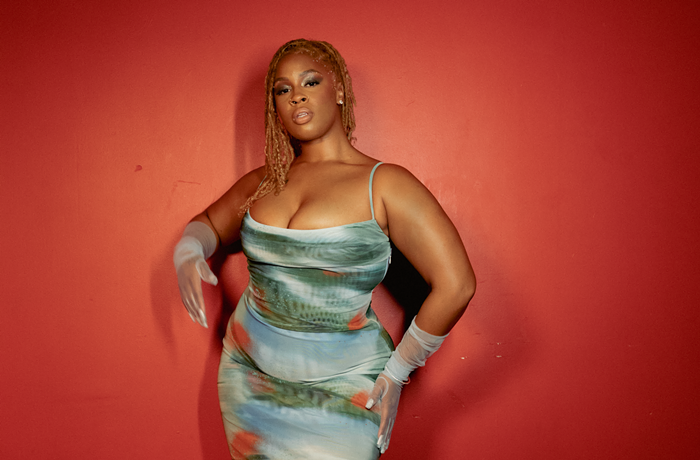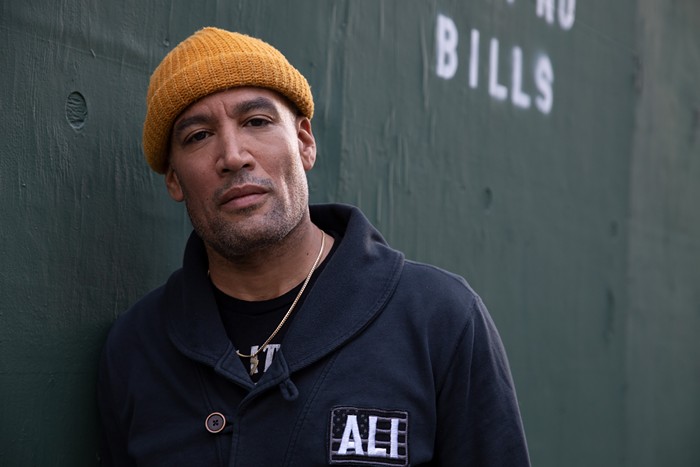Approximately 45 million Americans do not have health insurance, and while musicians are a small percentage of that group, they are definitely impacted by the lack of coverage. The Future of Music Coalition (FMC) wants to change that; the saintly nonprofit organization strives to help musicians stay healthy enough to keep performing. FMC's Deputy Director Kristin Thomson (member of Tsunami, co-founder of Simple Machines Records, and one of the authors of legendary DIY bible The Mechanic's Guide to Putting Out Records, Cassettes, and CDs) takes some time to talk about HINT—the Health Insurance Navigation Tool—a research tool that FMC has set up for musicians to establish health coverage without having to deal with all the hassles that usually come with it.
Was it a daunting task to assemble so much information on health insurance, especially when it's a topic that is so hard to get clear and concise information on?
Part of the HINT project includes some musician-friendly articles we've posted on the website at futureofmusic.org/hint. When we wrote these articles, with Alex Malolo and Chris Stephenson, our insurance experts, we made sure that we avoided as much of the insurance jargon as possible, since so much of that language is alienating and just begs you to stop reading. We also tried to tailor the articles to musicians by putting the information in a context they can understand or relate to, by using musician-specific examples, and referring to services that are designed to serve the music community.
Despite the increased risk of injury to touring musicians, why do you feel that so few artists have health insurance?
FMC did an online survey in 2002 that asked musicians questions about whether they had health insurance and, if not, why. Of the 2,700 musicians that completed the survey, 44 percent said they did not have health insurance, which is three times the national average of uninsured in America. Musicians have specific issues related to getting health insurance. First, musicians and artists often work on a freelance basis—performing or composing for specific events, albums, or projects—with compensation based on a contracted arrangement, or just from playing shows. This creates two hurdles to obtaining health insurance. First, since they are usually not employees of any particular institution or corporation, they must seek out costly individual health insurance policies on their own. Second, because their incomes often fluctuate month to month, they may have a difficult time keeping up with premiums.
Some musicians work extra jobs just to afford or obtain coverage, requiring them to juggle a music career with a full-time job to maintain benefits. Others give up, brushing off this necessity as a "luxury" that only employees of large corporations can acquire. Considering the fact that many musicians work three jobs to meet their household expenses it is not hard to understand why many musicians have come to view health insurance as an unnecessary extravagance that is out of their reach.
While FMC can do little about the cost of coverage, we can tackle two of the other elements that stop musicians from seeking insurance. We hope that this HINT project articulates the value of having some coverage, even the most basic emergency "stop-loss" plan that will prevent musicians from bankruptcy or worse in the case of a serious accident, and provides clear, specific answers to musicians who are interested in taking the next steps to obtaining a plan.


















